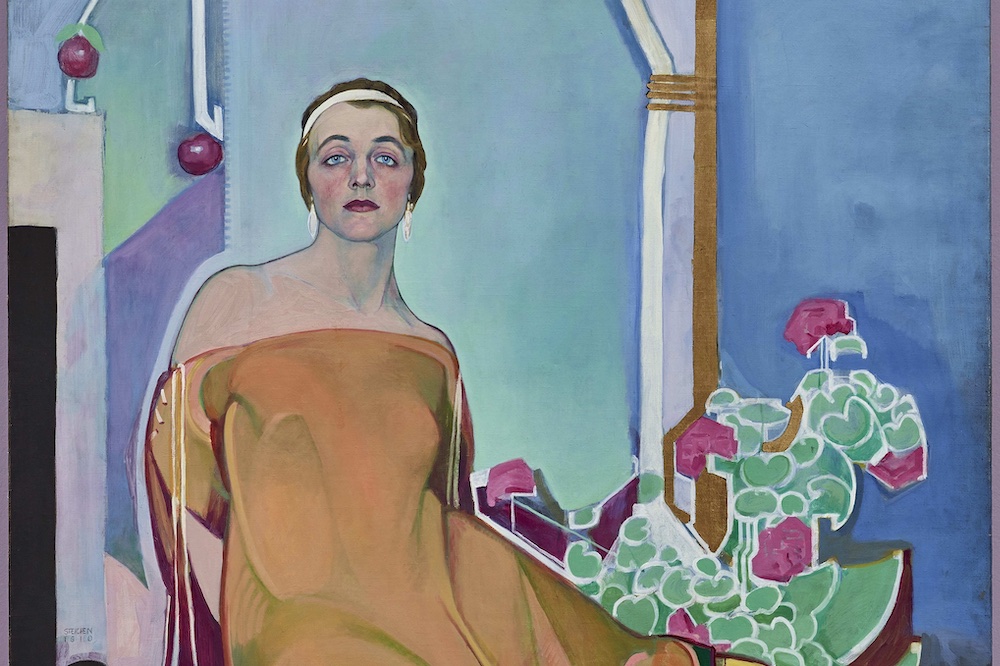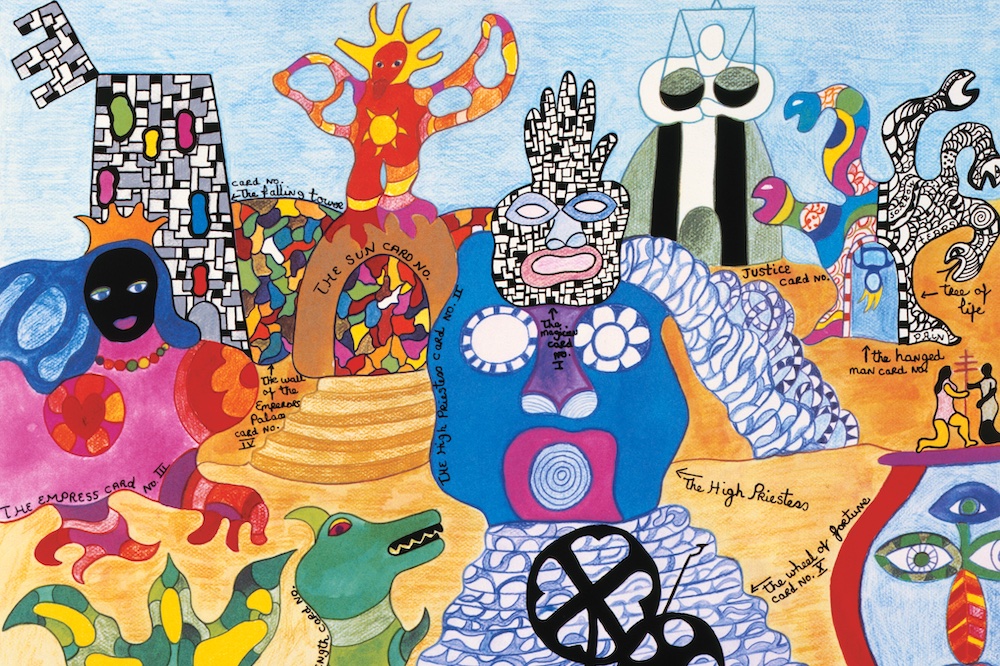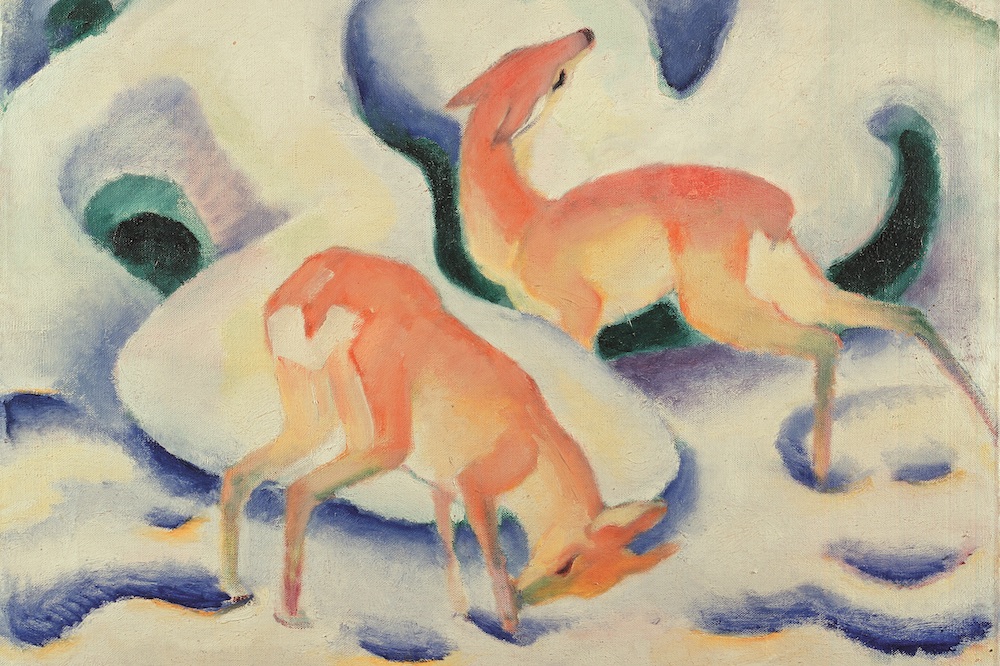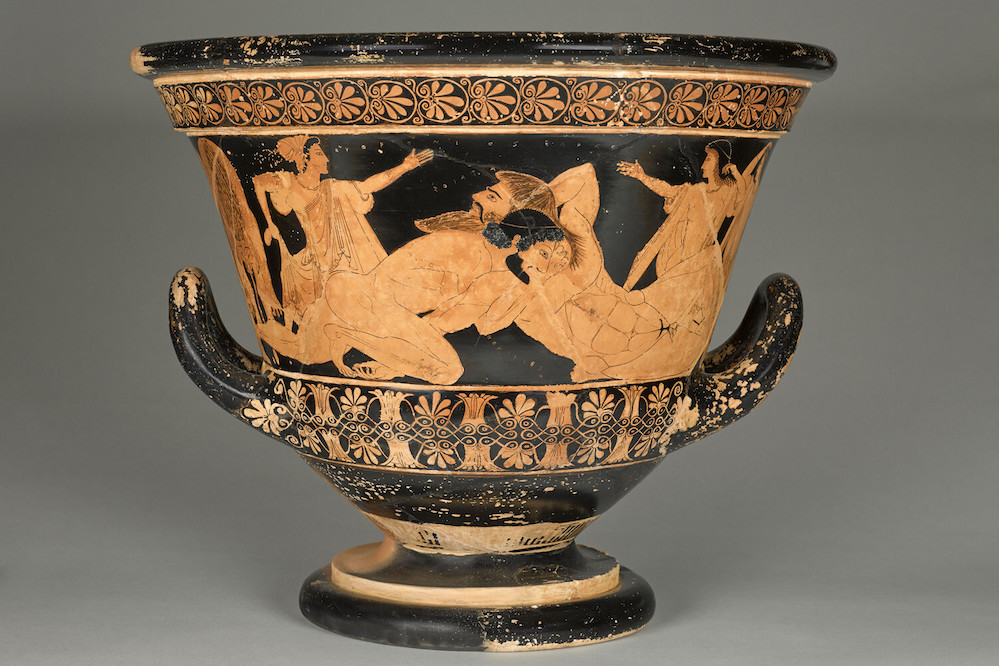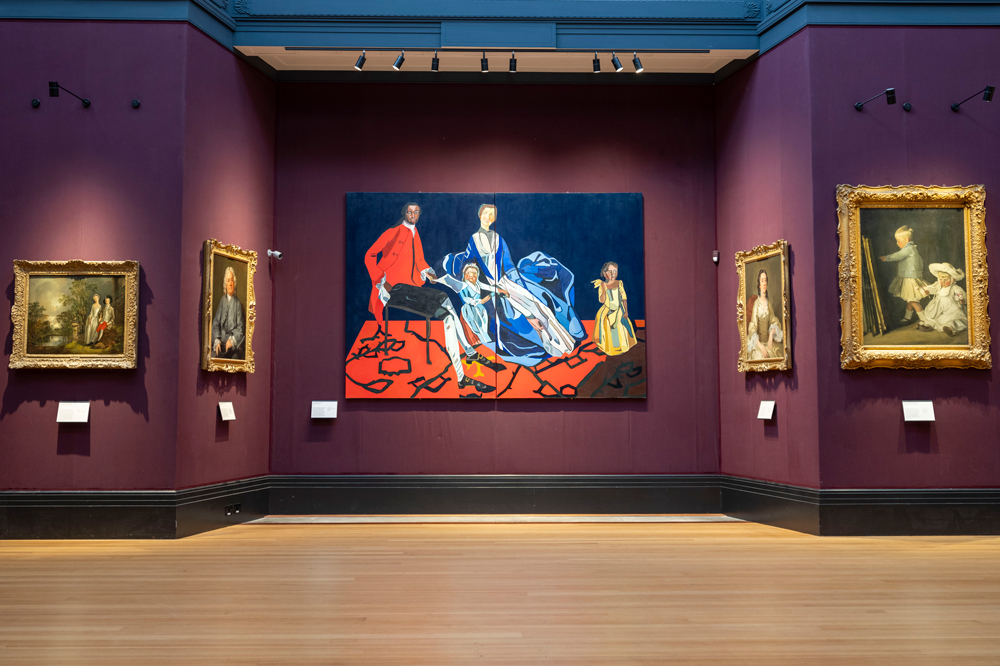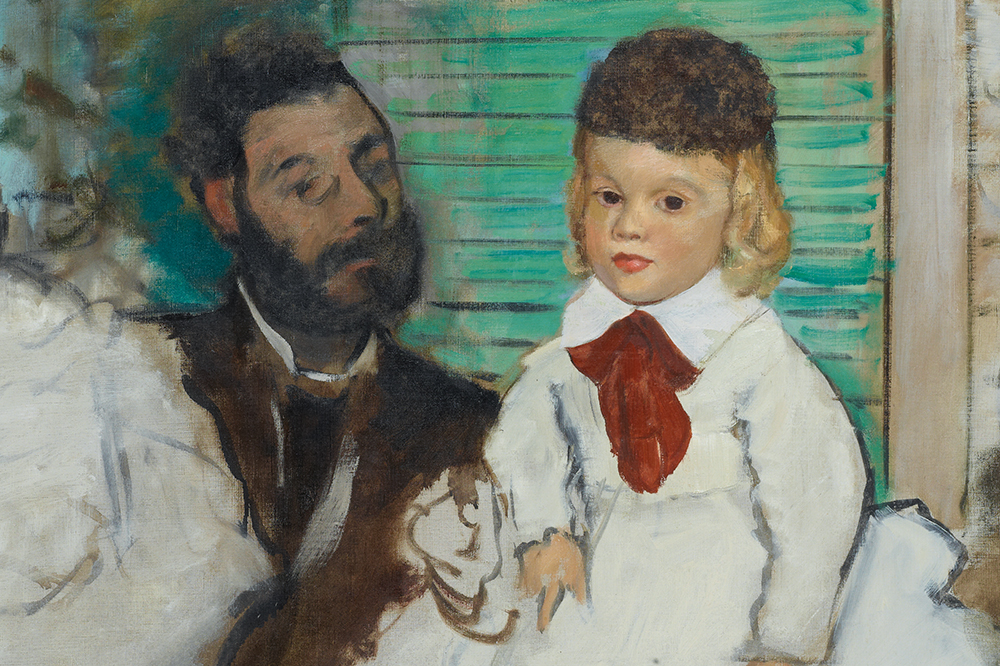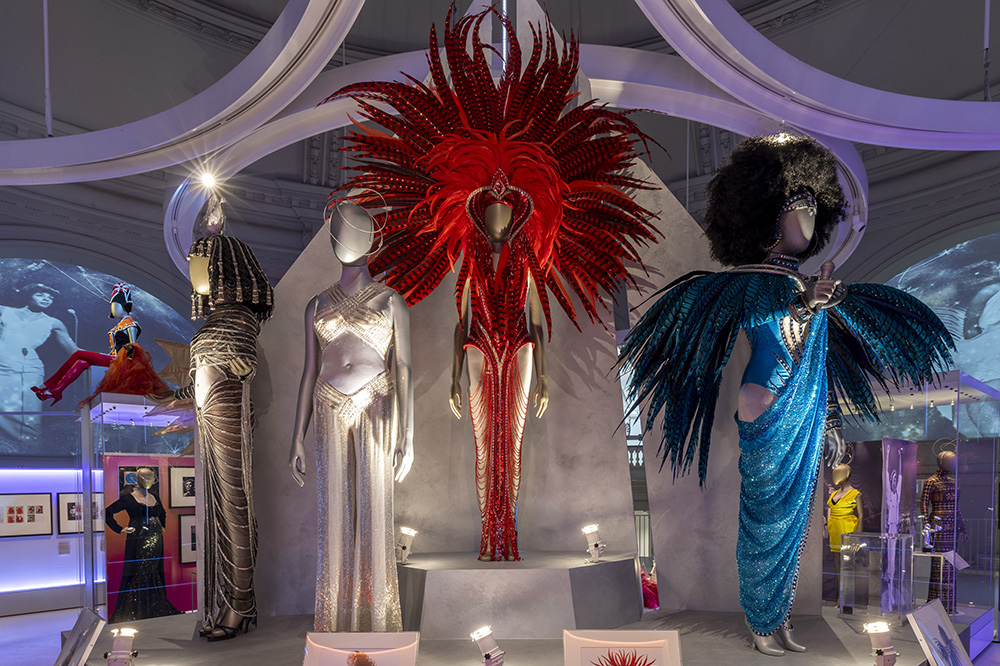Our daily round-up of news from the art world
American Museum of Natural History is ‘deeply concerned’ by Bolsonaro event | The American Museum of Natural History in Washington, D.C., has stated on Twitter that it is ‘deeply concerned’ by a black-tie gala scheduled at the museum in honour of Jair Bolsonaro, the president of Brazil. The museum was criticised by climate activists last week, principally on account of Bolsonaro’s deregulation of environmental protections for the Brazilian rainforest. The museum has yet to confirm whether the event will continue as planned, but has said, ‘We are exploring our options.’
Cuban artist arrested before Havana Biennial | The artist and activist Luis Manuel Otero Alcántara was arrested by Cuban police last Thursday (11 April), the night before the opening of the Havana Biennial, after staging a political performance piece. Tensions between artists and the Cuban government have been high ahead of the biennial; last week, the Cuban-American artist Coco Fusco was denied entry to the country.
Petition launched to remove mural in French Parliament | Two French academics are petitioning for the removal of a mural painted for the French National Assembly in 1991, to commemorate the abolition of slavery in France in 1794. Mame-Fatou Niang and Julien Suaudeau, both at universities in the US, deem the work ‘racist’, stating in an open letter that its display at the National Assembly is ‘historically unacceptable and politically incomprehensible’.
Recommended reading | In the New York Times, Carol Pogash reports on a debate at a San Francisco high school over whether a series of social-realist frescoes depicting the life of George Washington should be preserved or destroyed. In Prospect, Richard Evans asks why the market in paintings supposedly by Adolf Hitler – mostly fakes – continues to flourish.
Unlimited access from just $16 every 3 months
Subscribe to get unlimited and exclusive access to the top art stories, interviews and exhibition reviews.

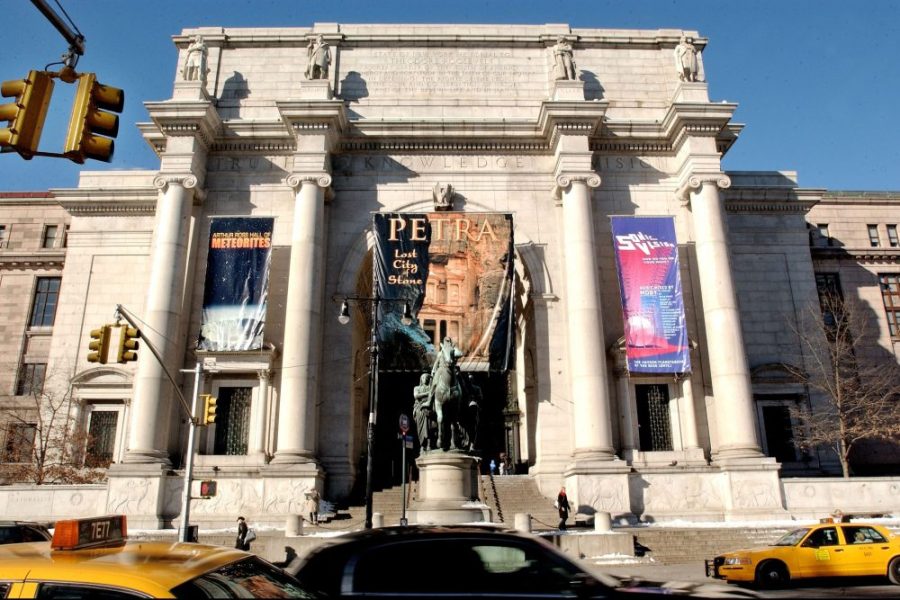
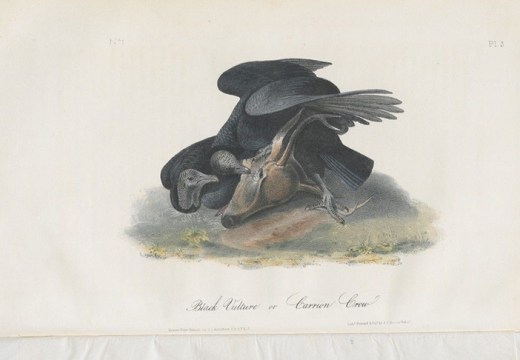


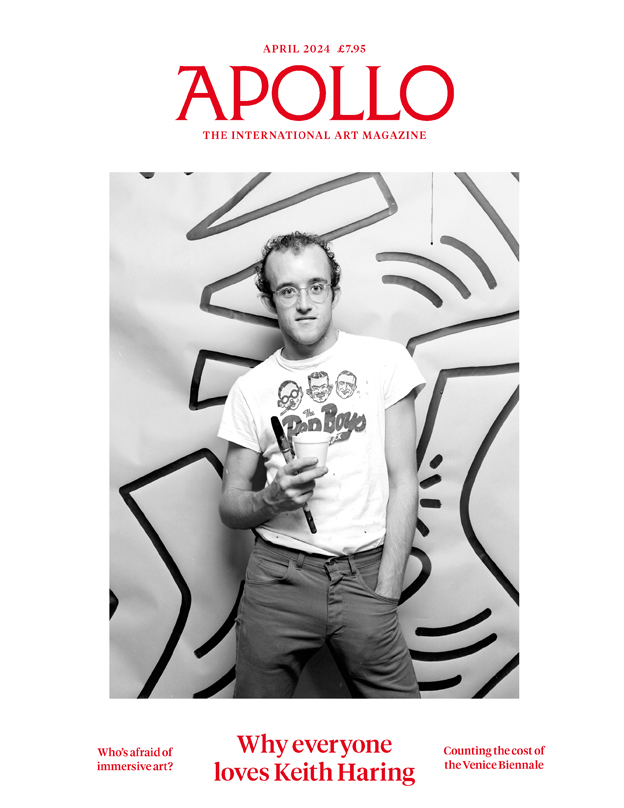
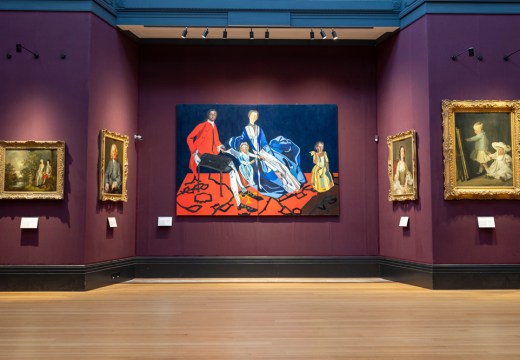
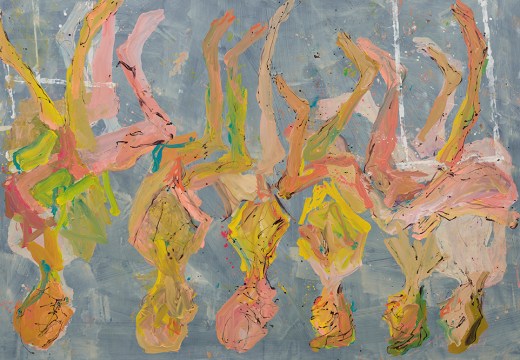
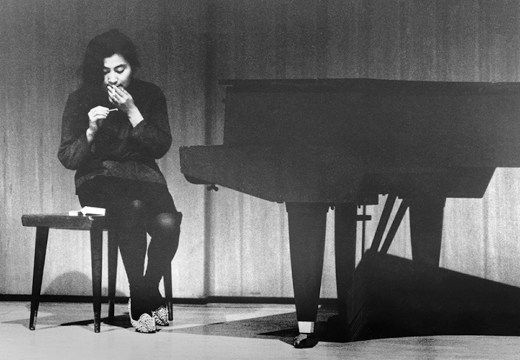
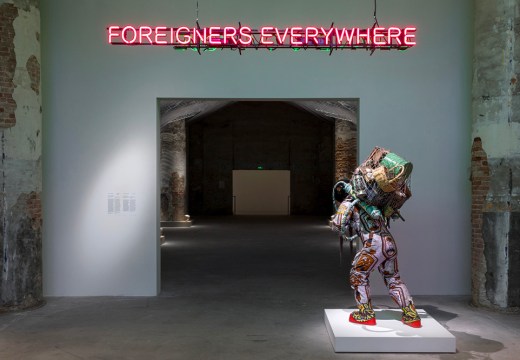




![Masterpiece [Re]discovery 2022. Photo: Ben Fisher Photography, courtesy of Masterpiece London](http://www.apollo-magazine.com/wp-content/uploads/2022/07/MPL2022_4263.jpg)
